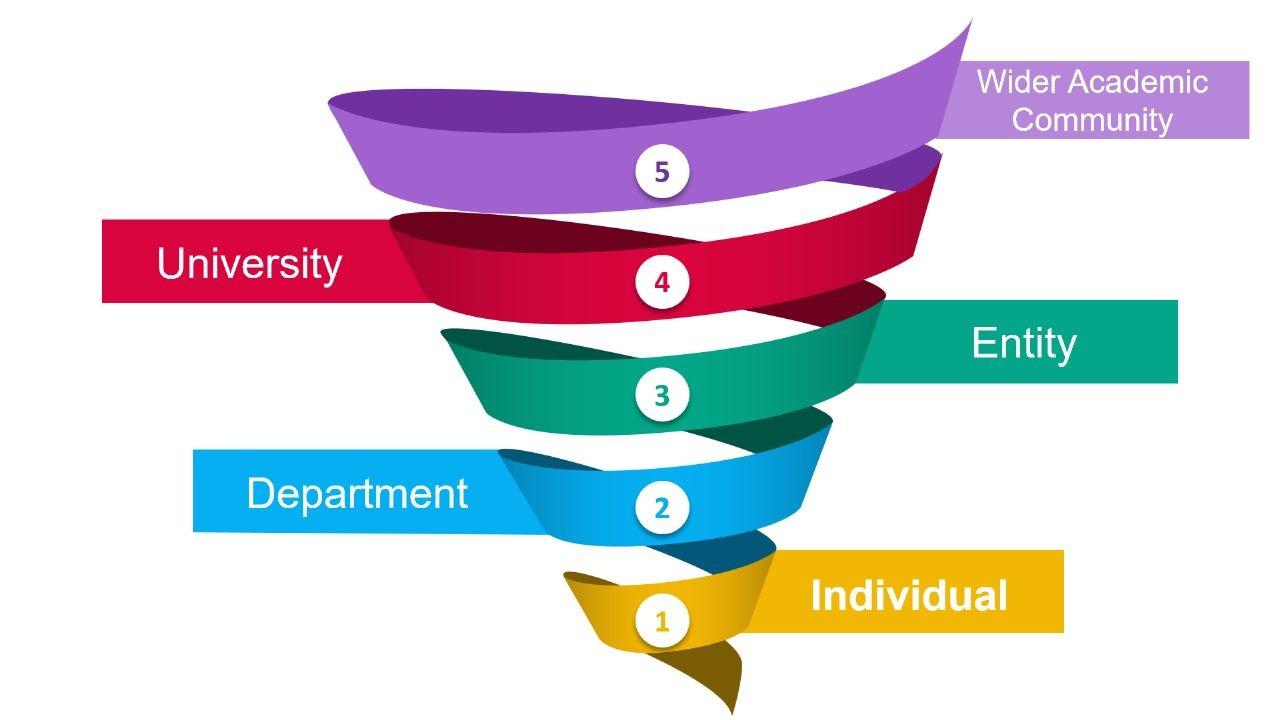Stories of teaching improvements
This volume captures reflective stories of faculty who have been on a journey to educational development. The stories are case studies that cover common challenges faced by academic development units the world over – how to engage busy academics to engage in reflective pedagogy when their dominant professional interest is with their subject area, how to demonstrably improve student learning outcomes, and how to maintain a focus on quality.
Ten years ago, The Aga Khan University (AKU), a multi-continental higher education institution with distributed campuses across East Africa, Pakistan and the UK, established the Network of Quality, Teaching and Learning. The Network is an educational development and quality enhancement unit that supports, encourages, and creates an enabling environment for faculty to reflect on and improve their teaching practice in an effort to strengthen the student learning experience. The Network benchmarked international best practice with the University becoming the first institution in Pakistan and East Africa to be accredited by Advance HE. As faculty engaged with the PSF and gained Advance HE Fellowship they noticed a transformation in their teaching approaches, practices, and preparedness that significantly impacted on the student experience. An unexpected outcome has been the role the PSF (link) has played in raising the profile of teaching at the institution, not only by providing credibility to QTL_net’s work but also by incentivising teaching in a ‘voluntary but irresistible’ way.
An enabling tapestry
The stories reveal inter-woven enablers of success that work for the Global South: strategic leadership and support from the wider academic development community, including time and expertise from volunteer mentors from around the globe. This created a cohesive and committed educational development team from the University and its partners. Faculty champions offered support to their peers motivated by promoting the University’s commitment to excellence as well as the benefits they derived directly as teaching professionals and the impact on their students. The Network has become a ‘second home’ to faculty of which more than 80% return for ongoing professional development. They report the excitement of working with peers across disciplines, opportunities to learn in safe, non-judgemental spaces, and being able to freely consult with one another across all levels of the Academy, feeling a sense of joint ownership of the Network.
Challenging linear impact models
Whilst evaluation measures were embedded from the outset in QTL_net’s strategy, the tales told demonstrates that impact does not occur in a linear fashion as initially used from Guskey’s model of professional development (Guskey, 2000). Instead, what we note, in reflection, is that the process of faculty engagement and change in practice adopted a snowballing approach as one programme led to another. Indeed, at the same time as professionalising teaching the PSF catalysed an institutional teaching culture that rewarded and recognised teaching, through teaching awards, teaching portfolios and academic promotion. A number of stories demonstrate how the PSF, as the foundation upon which all QTL_net activities are structured, has helped to ensure fidelity to QTL_net goals as well as faculty needs. This has resulted in improved teaching and learning practices for faculty, across their programmes and institutionally, with other universities in Asia and Africa seeking support for educational development capacity building, enabling a university improvement model as in Fig 1.

Establishing sustainable communities of practice
Early adopters of Network activities, who came to be known as ‘faculty champions’, engaged in peer-led educational development efforts as facilitators of workshops. They also mentored colleagues to obtain the University’s own HEA Fellowships and acted as assessors recognised by the Advance HE accredited TEACH CPD scheme. With demonstrable and evidenced teaching excellence, these members serve as a growing pool of peer-mentors and educational developers for a host of Network activities, recognised through membership of our Haile T Debas Teachers Academy.
Relevance of the impact stories
Whilst QTL_net’s journey is unique and contextual, there will be elements that are meaningful and relevant to others, particularly given the dearth of literature that considers the impact of educational development units as a whole. The stories in this volume are categorised in terms of impacts on faculty-led activities; on the scholarship of teaching and learning; and on the institutional teaching culture. They have relevance for senior educational leaders, educational developers, educational technologists, teaching-focused academics, and those with an interest in educational research. Sharing these stories will stimulate dialogue on the successes, complexities and nuances of educational development work particularly tricky issues of impact evaluation.
We welcome your stories of how the PSF has impacted your institutional teaching culture.
Tashmin Khamis is the Vice Provost and Founding Director of the Network of Quality, Teaching and Learning at the Aga Khan University. She serves on the Global Perspectives Advisory Group of Advance HE and leads the accredited TEACH CPD scheme. She has co-edited the publication Transforming Teaching and Learning in HE: a collection of impact stories from AKU by Rarieya, Khamis and Spowart (2023)
Tashmin Khamis is the Vice Provost and Founding Director of the Network of Quality, Teaching and Learning at the Aga Khan University. She serves on the Global Perspectives Advisory Group of Advance HE and leads the accredited TEACH CPD scheme. She has co-edited the publication Transforming Teaching and Learning in HE: a collection of impact stories from AKU by Rarieya, Khamis and Spowart (2023)
Access the collection using the link above or via The Aga Khan University website.
Tashmin Khamis will be speaking on our Improving your institution's reputational profile webinar on 10 November 2023, you can find out more and book your free place now.